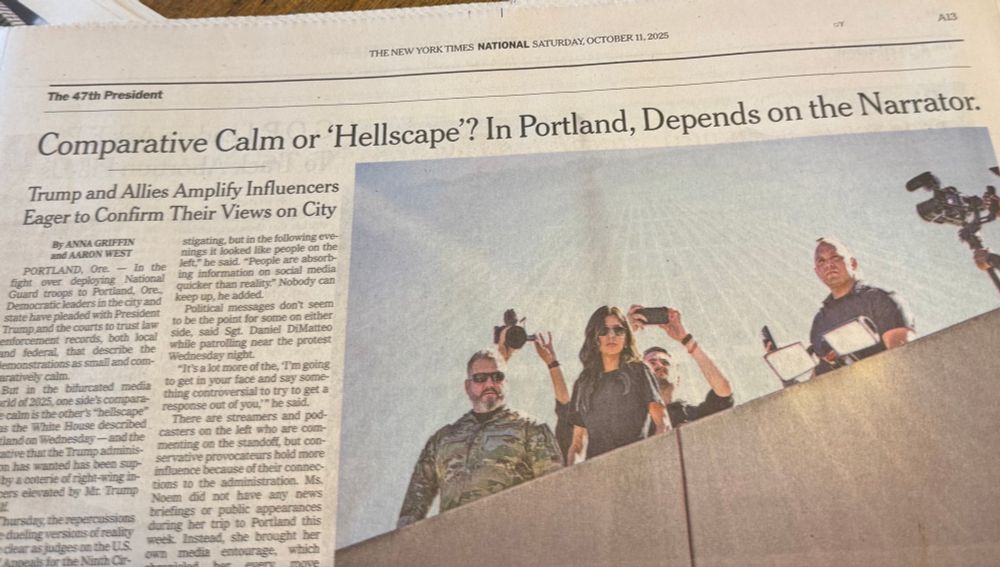Chris Morten
@cmorten.bsky.social
2.6K followers
520 following
260 posts
Associate professor of law at @nyulaw.bsky.social. Director of the Science, Health & Information Clinic (SHIC). He/him. https://chrismorten.com/
Posts
Media
Videos
Starter Packs
Pinned
Reposted by Chris Morten
Reposted by Chris Morten
Reposted by Chris Morten




